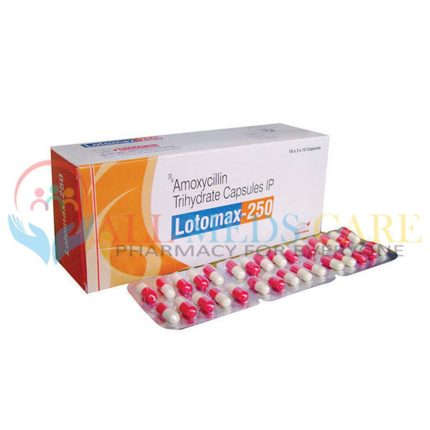Allergy
Allergy– A condition where immune system reacts to certain substances, called Allergens. Allergens include things such as pollen, pet dander, dust, mold, food, and certain medications. Exposure to allergens causes the immune system to produce antibodies. Mostly resulting in an inflammatory response such as runny nose, skin rash, sneezing and itchy eyes.
Allergic reactions can be bitter and life-threatening. Severe allergic reactions include difficulty in breathing, swelling of the face and throat, a drop in blood pressure etc. Allergies are common and can be managed with some precautions. Avoiding the allergens, using medications, immunotherapy and in some cases, consultation with an allergist is recommended.
Allergy related category
Food allergies: The most common types of allergies, affecting around 6-8% of children and 4% of adults. The reactions occur when immune system mistakenly identifies certain foods as dangerous, triggering an allergic reactions. Common food allergens such as peanuts, tree nuts (e. g., walnuts or almonds), eggs, dairy products, and seafood such as shellfish. Symptoms vary from mild to severe. Symptoms include stomach pain, nausea, vomiting, or hives on the skin.
Dust mite allergies: Quite common in both adults and children alike. Dust mites are tiny creatures found in bedding materials including pillows and mattresses that can cause allergic reactions such as sneezing fits, itchy eyes, or rashes on the skin when inhaled. To help reduce dust mite exposure; it is important to keep rooms clean and vacuum regularly with a HEPA filter vacuum cleaner which will capture more particles than regular vacuums.
Insect sting allergies can be potentially life-threatening for some people since they involve an immediate hypersensitivity response known as anaphylaxis which requires prompt medical attention if symptoms such as difficulty breathing or swelling develop after being stung by bees or wasps etc. Treatment typically involves administering epinephrine (adrenaline) injections followed by antihistamines taken orally afterward to help reduce further symptoms like itching or hives on the skin surface area affected by the insect sting.
Pet allergies: The allergies caused by proteins present in pet dander (dead flakes from pet fur). People with pet allergies often experience runny noses, watery eyes or sneezing fits upon contact with animals like cats and dogs, etc. If you have a pet allergy; you should avoid contact with pets. Installing air filters in homes can also remove some airborne allergies.
Allergy Medications
Medication for allergy relief is another option that can be used in order to reduce allergic reactions. Commonly prescribed medications like Amoxycillin Trihydrate and Generic Amoxil help to reduce bacterial infection caused by an allergic reaction. These medications are available through prescription at the Allmedscare.com.







